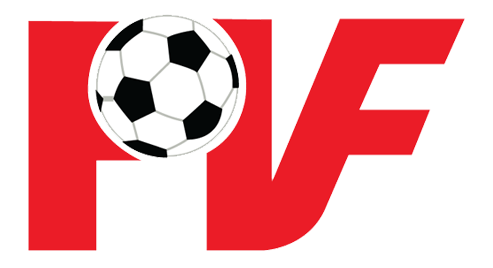|
Milk is the popular type of food which has been enjoyed throughout the world for thousands of years. The most commonly consumed types come from cow and goats.
Most countries drink cow’s milk most frequently. Milk consumption is a hotly debated topic in the nutrition world, so you might wonder about their benefits, especially, it is also considered as a natural sport drink. For athletes, They’re known for their calcium content, but are also high in protein and can be a great source of electrolytes for rehydration.

1. Milk Is Packed With Nutrients
The nutritional profile of milk is impressive.
Just one pack (220ml) of whole cow’s milk contains:
– Energy: 132 kcal
– Fat: 7.26 g
– Protein: 6.6 g
– Carbohydrate: 10.12 g
– Vitamin A: 118 IU
– Vitamin D: 16 IU
– Vitamin B1: 27 mcg
– Vitamin B2: 145 mcg
– Calcium: 104 mg
– Magnesium: 8.0 g
– Zinc: 0.32 mcg
Milk is an excellent source of vitamins and minerals, including “nutrients of concern,” which are under-consumed by many populations. It provides calcium and vitamin D, which helps growth in children, are lacking in many diets. Milk is also a good source of vitamin A and magnesium.
2. It’s A Good Source of Quality Protein
Milk is a rich source of protein, with just one full cup containing 7 – 8 grams.
Protein is necessary for many vital functions in your body, including growth and development, cellular repair and immune system regulation.
Milk is considered a “complete protein,” meaning it contains all nine of the essential amino acids necessary for your body to function at an optimal level.
Milk contains casein and whey protein:

Casein makes up the majority of the protein found in cow’s milk, comprising 70–80% of the total protein content, is time-release protein, ideal for before-bed snack. Whey accounts for around 20%, is an instant-release protein
Whey protein contains the branched-chain amino acids leucine, isoleucine and valine, all of which are linked to health benefits.
Branched-chain amino acids may be particularly helpful in building muscle, preventing muscle loss and DOMS during exercise, which we have been discussed in the previous article.
3. Ideal for Recovery
The period following exercise is an opportunity to replenish the body and allow it to recover and adapt.
Athletes may need:
– fluid and electrolytes if rehydration is required;
– carbohydrate to refuel muscles;
– and high-quality protein to promote muscle recovery and regeneration.
For rehydration purpose:
Milk and higher-fluid dairy foods, like smoothies, yoghurt and custard, provide the body with a great source of water and electrolytes.
Within 4-hours post-exercise, fluid balance and fluid retention following milk consumption is greater in low fat milk than sport drinks and juice. Milk contains a greater nutrient density, therefore, it slows down the digestion and absorption of the fluid within milk.
For refuel purpose:
In the period following exercise, there may be a need to replace carbohydrate stores in the liver and muscle by eating carbohydrate-rich foods. Sweetened dairy foods, like flavoured milk, dairy desserts and yoghurts, all provide carbohydrate along with a host of other essential nutrients. Whether they are included as part of a meal (for Western style) or eaten on their own as a snack, dairy foods offer appealing options to replace the carbohydrate fuel used during exercise. Applications could be yogurt with granola, cereals with milk, smoothies or oatmeal porridge.

For rebuild purpose:
After exercise, muscle tissue undergoes repair and adaptation to make it even better than it was before. Consuming high-quality protein promotes this process. Several studies have suggested the optimal serve of high-quality protein needed to enhance gains in muscle strength and function following resistance exercise, high-intensity interval training and endurance events is 0.3 g per kg of body mass. Given the variation in body shape and size between active people, this translates to a range of between 20–25 g of protein. Dairy protein has been found to be superior to other protein sources in optimising muscle protein synthesis following resistance training.
4. Calcium
Calcium in dairy foods contribute to the healthy formation and maintenance of strong bones and teeth. Frequent and high-intensity exercise can suppress the immune system, an effect which can be reduced by ensuring adequate energy, protein, carbohydrate, vitamin and mineral intake. Dairy foods contribute towards these nutrient targets.
In PVF, milk is always a superior drink for our athletes, which is served in breakfast, mid-day and before-bed snacks. We aim to maximize protein and calcium intake, promote physical growth from the age of 11 to 19.

